Home

Illnesses & Infections

Sinus Infection During Pregnancy Causes & Treatment
In this Article

Illnesses & Infections
Sinus Infection During Pregnancy Causes & Treatment
Updated on 4 May 2023
Pregnancy is no less than a roller coaster ride that takes you through emotional and physical changes, bizarre symptoms and many surprises. Going through a deluge of changes, a woman’s body can become more vulnerable to infections and diseases. One such infection that a woman may come across during pregnancy is sinus. In this article, we will understand about sinus infection during pregnancy and the symptoms, causes and treatment for sinus during pregnancy.
What is sinus infection during pregnancy?
Sinus infection, known as sinusitis, is the infection and inflammation of the sinuses, the air-filled pockets around the nose. Sinuses are lined with a membrane which produces mucus, which is drained away under normal circumstances. But when the sinuses are swollen and inflamed, the drainage slows down, fluid builds and you feel as if you have caught a cold.
You may like: Cold and flu during pregnancy - How to prevent?
Symptoms of a sinus infection during pregnancy
A pregnant woman can develop sinusitis during pregnancy in any of the three trimesters. Sinuses are air-filled pockets found around the face and nose. A sinus infection during pregnancy leads to inflammation in the lining of the sinuses.
The symptoms of sinusitis in pregnancy include the following:
-
Stuffy nose
-
Mucus drainage
-
Pain and pressure around the face
-
Headache
-
Sore throat
-
Coughing
-
Fever
If you notice any of the above symptoms, it’s best to consult your doctor.
Causes a sinus infection during pregnancy
The symptoms of a sinus infection during pregnancy remain the same regardless of the cause. Some of the most common culprits of sinusitis in pregnancy include the following:
-
Seasonal allergens
-
Viruses
-
Bacteria
-
Structural issue in the nose
-
Hormonal changes during pregnancy
Usually, viruses, allergens and bacteria cause inflammation and swelling in the sinus during pregnancy, thereby obstructing the drainage of mucus. But sometimes, even pregnancy can be the reason behind the sinus infection. A rise in estrogen and progesterone can cause swelling and lead to sinusitis in pregnancy. If a pregnant woman is prone to having sinus infections before her pregnancy, she is likely to have a higher risk of developing sinus infection during pregnancy.
Treatment of sinus infection during pregnancy
It’s common to be concerned about taking medications for a sinus infection during pregnancy. The good news is that there are some over-the-counter medications that are safe to take during pregnancy. But it’s important to consult your doctor before taking any OTC medication for treating sinusitis during pregnancy. It’s important to talk to your doctor before you take any decongestants, antihistamines, expectorants or cough suppressants.
You may like: Sneezing During Pregnancy: Causes, Risks and Treatment
Home remedies for sinus infection during pregnancy
Here are some safe home remedies that can help you cope with sinusitis during pregnancy:
-
Using saline nasal drops or irrigation
-
Using extra pillows to elevate your head can help reduce congestion
-
Drinking plenty of fluids to stay hydrated
-
Taking steam to clear the blocked nasal passages
-
Gargling with salt water to soothe the throat or sucking on throat lozenges
-
Using a humidifier in the room at night
-
Getting plenty of sleep to strengthen the immune system
Does it affect the fetus?
A sinus infection during pregnancy is unlikely to harm the foetus on its own. However, in some rare cases, the symptoms of sinusitis during pregnancy may lead to some complications. Additionally, being pregnant can also affect the severity of sinusitis. According to some studies, a pregnant woman’s BMI, gestational age and diabetes and multiple pregnancies (twins or triplets) can have a significant effect on the extent of nasal congestion during pregnancy.
Additionally, persistent nasal congestion may have risks to the proper growth and development of the foetus because of poor oxygen flow. Although complications like this are rarer but with proper care and treatment, the risks to the foetus are low.
When to visit the doctor?
A sinus infection during pregnancy can mostly be treated with home remedies. However, if you experience any of these symptoms, it’s best to consult your doctor:
-
A fever higher than 101°F
-
Coughing green or yellow mucus
-
Trouble eating or sleeping
-
Recurring sinus infections
A doctor may prescribe medications to clear up the infection depending on your health and stage of pregnancy.
Pregnancy related tests for a sinus infection
If you consult a doctor, they may conduct some tests like:
1. Nasal endoscopy
The doctor will insert a thin, flexible tube into the nose to examine the sinuses.
2. Imaging tests
The doctor may even order a CT scan or an MRI to take picture of the sinuses and confirm the diagnosis.
Depending on the case, the doctor may also recommend a nasal and sinus culture to determine the cause of the sinus infection. You may also have to undergo allergy testing to understand if certain allergies are irritating your sinus during pregnancy and causing the sinusitis in pregnancy.



Written by
Anupama Chadha
Anupama Chadha, born and raised in Delhi is a content writer who has written extensively for industries such as HR, Healthcare, Finance, Retail and Tech.
Read MoreGet baby's diet chart, and growth tips

Related Articles
Related Questions
Hello frnds..still no pain...doctor said head fix nhi hua hai..bt vagina me pain hai aur back pain bhi... anyone having same issues??

Kon kon c chije aisi hai jo pregnancy mei gas acidity jalan karti hain... Koi btayega plz bcz mujhe aksar khane ke baad hi samagh aata hai ki is chij se gas acidity jalan ho gyi hai. Please share your knowledge

I am 13 week pregnancy. Anyone having Storione-xt tablet. It better to have morning or night ???

Hlo to be moms....i hv a query...in my 9.5 wk i feel body joint pain like in ankle, knee, wrist, shoulder, toes....pain intensity is high...i cnt sleep....what should i do pls help....cn i cosult my doc.

Influenza and boostrix injection kisiko laga hai kya 8 month pregnancy me and q lagta hai ye plz reply me

RECENTLY PUBLISHED ARTICLES
our most recent articles
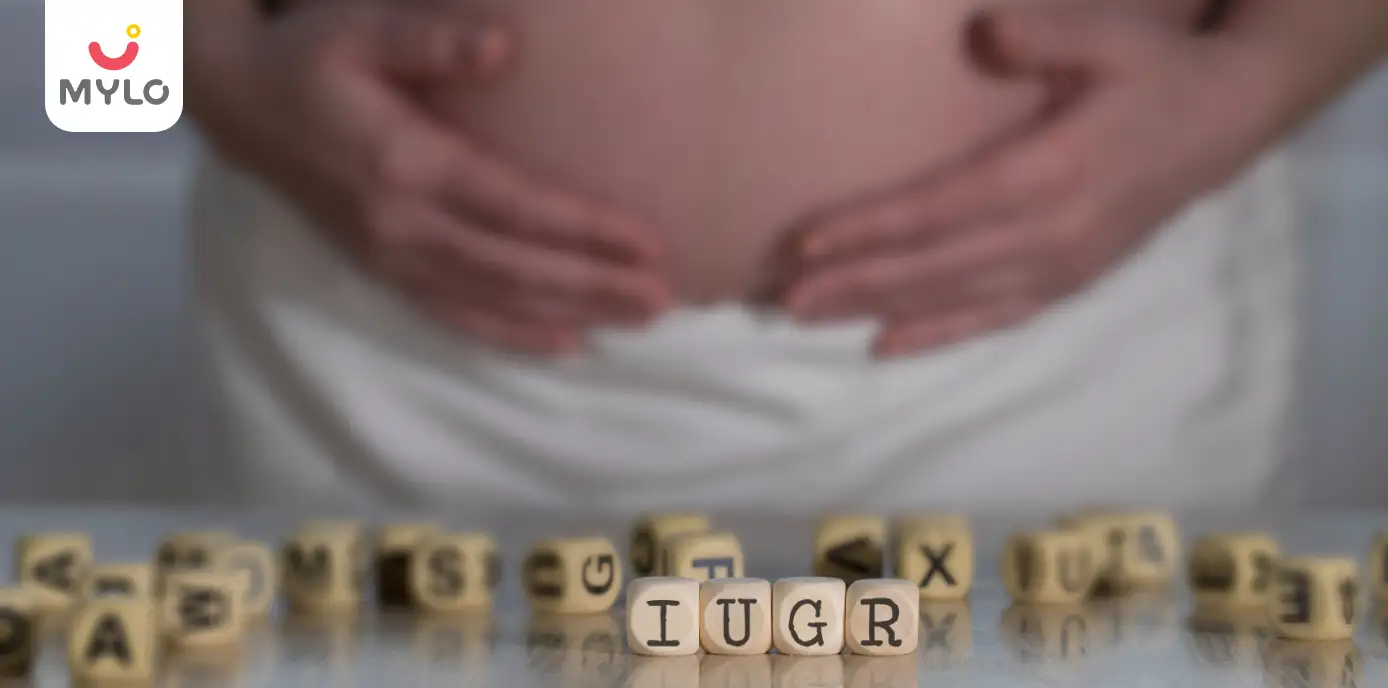
Growth & Development
Intrauterine Growth Restriction (IUGR) in Pregnancy
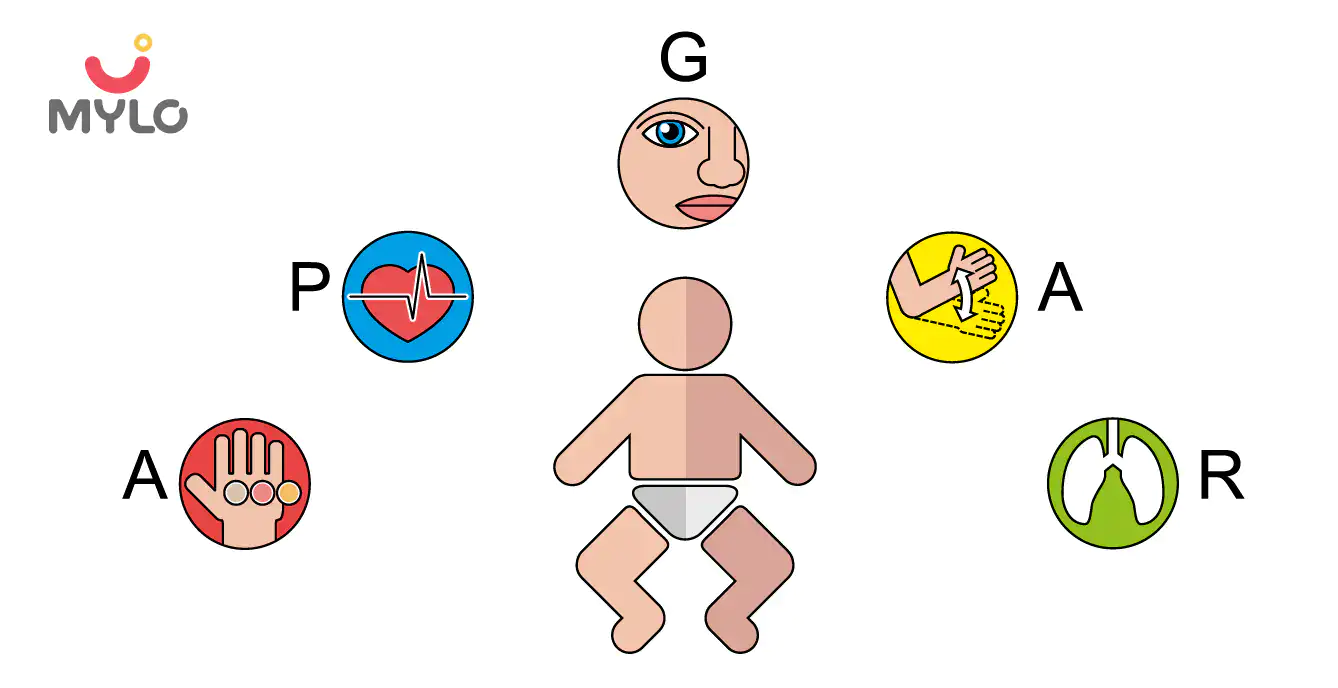
Growth & Development
APGAR Score: Meaning & How it is Performed
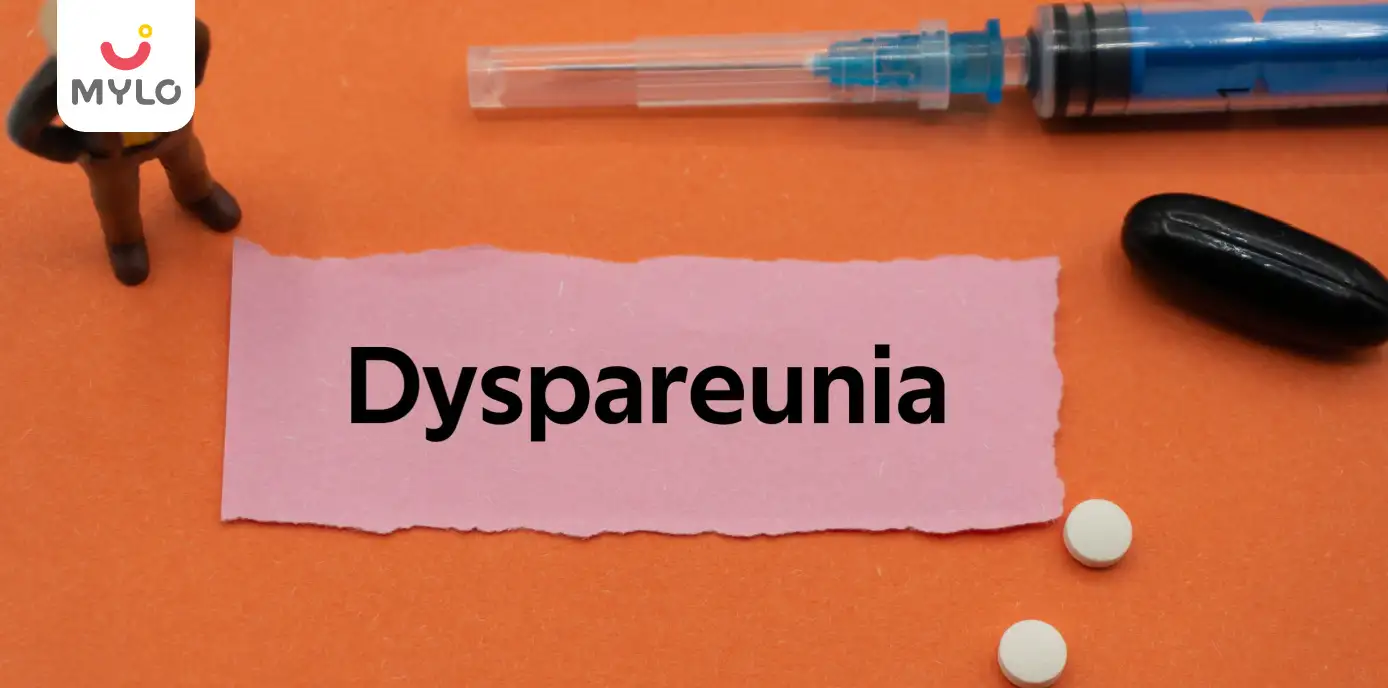
Love, Sex & Relationships
Dyspareunia (Painful Intercourse): Causes & Treatment

Infections in New Mom
Short Bowel Syndrome: Causes, Symptoms, and Treatment
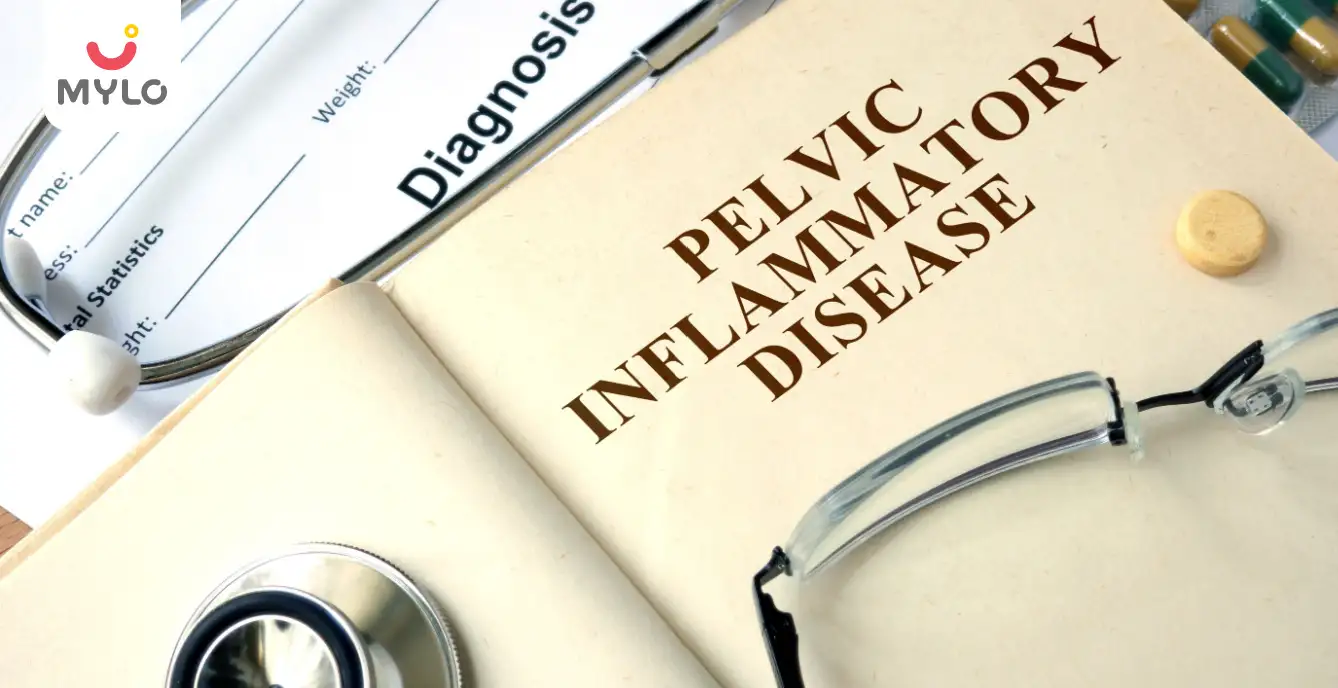
Illnesses & Infections
Pelvic Inflammatory Disease (PID): Symptoms, Causes & Treatment
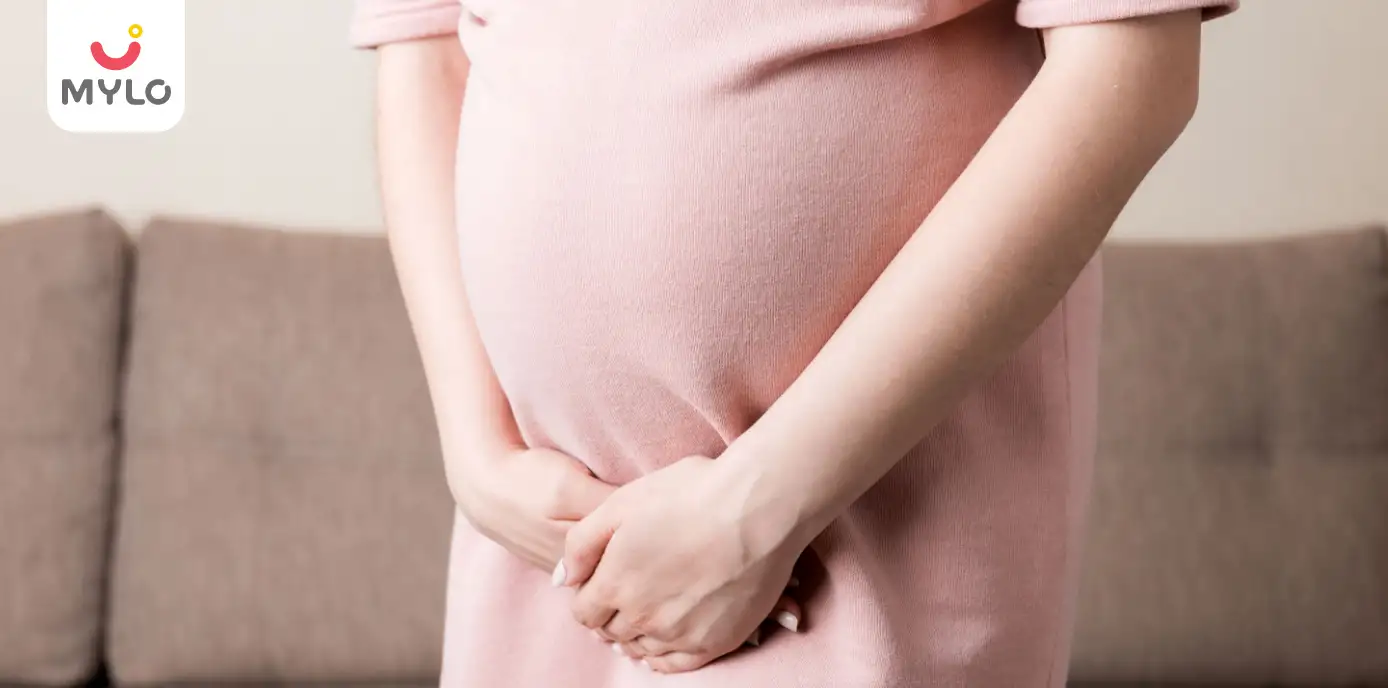
Labour & Delivery
Lightning Crotch in Pregnancy: All You Need to Know
- Vaginal Dilator: Learn its Types & How To Use It?
- Infected Umbilical Cord: Symptoms, Treatment And Prevention
- Is Hair Fall Normal in Pregnancy
- Syphilis: Symptoms, Causes, Risks & Treatment
- Congenital Heart Disease: Symptoms, Causes & Treatment
- Fetal Echo Test in Pregnancy: A Diagnostic Tool for Detecting Heart Defects in the Womb
- Bedwetting (Nocturnal Enuresis): Causes, Symptoms & Treatment
- Birthmark: Types, Causes, Risks & Treatment
- Behaviour Therapy: Benefits, Types & Techniques
- How Long Does Breast Milk Last at Room Temperature?
- Thrush: Causes, Symptoms, Treatment, and More
- Childhood Asthma: Symptoms, Causes & Treatment
- Reflux in Baby: Symptoms, Causes & Treatment
- Pre Eclampsia: Meaning, Causes & Symptoms


AWARDS AND RECOGNITION

Mylo wins Forbes D2C Disruptor award

Mylo wins The Economic Times Promising Brands 2022
AS SEEN IN

- Mylo Care: Effective and science-backed personal care and wellness solutions for a joyful you.
- Mylo Baby: Science-backed, gentle and effective personal care & hygiene range for your little one.
- Mylo Community: Trusted and empathetic community of 10mn+ parents and experts.
Product Categories
baby carrier | baby soap | baby wipes | stretch marks cream | baby cream | baby shampoo | baby massage oil | baby hair oil | stretch marks oil | baby body wash | baby powder | baby lotion | diaper rash cream | newborn diapers | teether | baby kajal | baby diapers | cloth diapers |




